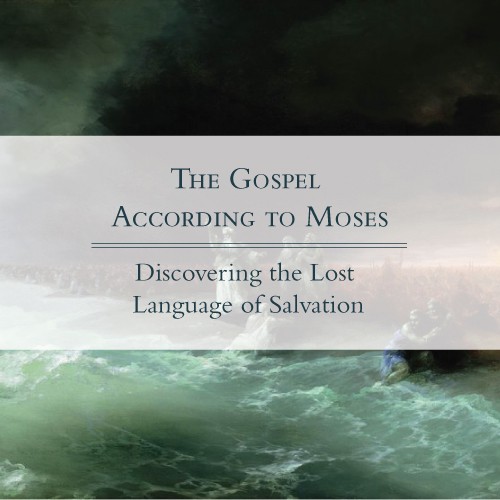
The Strength of Samson
Tim Keller | October 12, 1997
Overview
Forget the heroes. These days, we want authenticity. We want personal vision. We’ve done away with hero worship.
In the story of Samson, we see that the Bible doesn’t give us hero worship, but it also doesn’t give us hero hatred or deconstruction. Some people have called Samson an old-fashioned hero, like Superman—but he’s not. I’ve been waiting for people to call him the anti-hero—he even makes jokes when he’s killing people. Samson is physically quite strong and morally quite weak. But in spite of this, God actually judges Israel with him. What does it all mean?
In the story of Samson we see that 1) hero worship does not help, 2) but hero deconstruction doesn’t help either, and 3) we need something else.
Outline
Judges 15:9–20
We look at the change in society’s preference from admirable heroes to relatable people, using Mother Teresa and Princess Diana as examples. We question the idea of tearing down heroes, using Paul’s life to show that faith is more important than personal goodness. The story ends with Samson’s mistakes and his part in saving Israel, and Jesus showing the greatest strength and forgiveness on the cross.
1. He lived the life we should’ve lived
The World Harvest Mission suggests trying to avoid negative talk and defending ourselves for a week to show our spiritual state. This can be hard to do even for an hour. But Jesus Christ won the ultimate struggle. He lived a life of perfect love for God and others, showing us how we should live.
2. He died the death we should’ve died
Jesus is shown as a hero who gave himself up for people, outdoing Old Testament heroes by showing love and salvation. He forgave his enemies, changing them into church members, and filled the world with the body of Christ. This shows how important it is to be humble and depend on God’s grace. To be like Jesus, we need to admit our faults, forgive others, and depend on Him as our rescuer. This shows how important it is to say sorry and be humble in reaching our potential.




